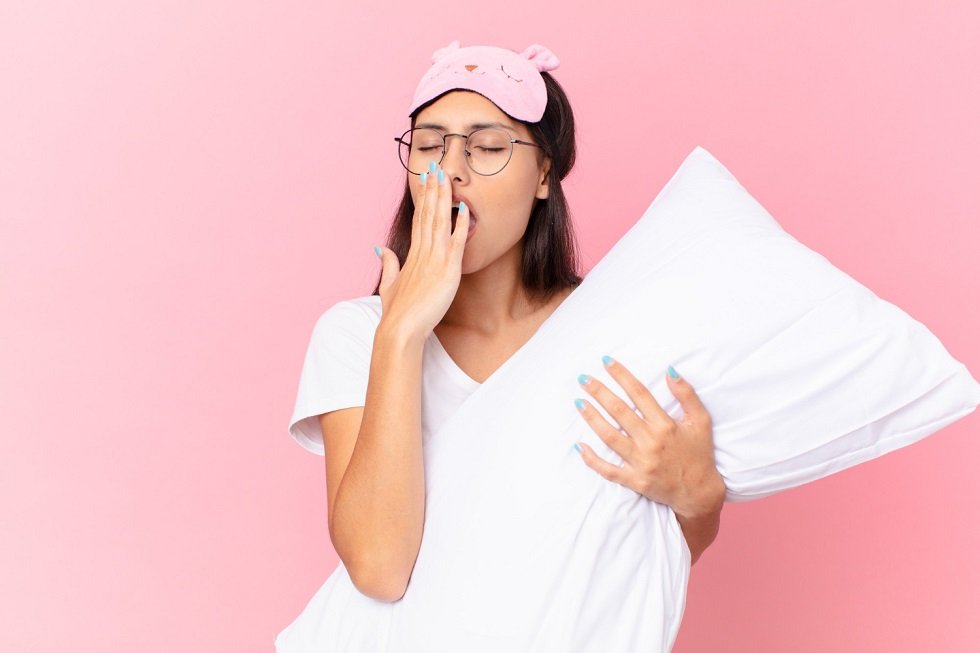Sleep Apnea Worsening During Early Spring And Winter
Generally, people suffer from a stuffy nose, cough and cracked lips during winter and early spring. They mainly blame the freezing temperatures and seasonal pollen. But in many cases, we have noticed that a furnace or heater is the main underlying reason behind that. Whenever they visit their doctor to treat their common cold problems, they become surprised after getting diagnosed with sleep apnea.
There is nothing to become embarrassed about in this physical condition. Nowadays, the exploration and evolution of various medical treatments are taking place to treat sleep apnea. Contact a sleep clinic immediately if you or your family member gets disruptive sleep at night for months.
What Do Statistics Say?
According to a report, searched topics on Google related to snoring and sleep apnea increased in winter and early spring. A study got conducted in 2012 on people who visited sleep clinics for the past ten years.
This study shows that the apnea-hypopnea index was higher for sleep evaluations during the winter season. Also, the severity of this problem increased from 28% (summer season) to 34% during winter.
Why Does Sleep Apnea Become Worse In These Two months?
Here comes the most crucial question. Why do patients experience sleep apnea during winter more than in other seasons? The answer is simple. In winter, people run HVAC systems, meaning a furnace in a particular place for hours.
This continuously running system makes the indoor weather excessively dry, which contributes to breathing trouble. Flu and cold temperature become additional factors here. Aside from that, increased levels of carbon monoxide boost the rate of sleep apnea.
There is also another factor that most of us ignore. We work more in winter to save more vacation time during summer. Also, we have to go shopping due to the winter holidays and all these reasons build up stress in our minds.
This increased stress level with mild sleep apnea problems becomes intolerable during winter and early spring. As a result, we visit a sleep clinic to treat obstructive sleep and sometimes insomnia.
What Can You Do To Control Sleep Apnea During Winter?
People who mainly suffer from obstructive sleep apnea experience troublesome breathing, dry mouth in the morning and sinus headaches. These symptoms contribute to disruptive sleep and lead to insomnia sometimes.
To prevent these signs from becoming severe, you should absorb more sunlight in the morning to lessen melatonin production. You must keep the thermostat between 62 and 68 degrees Fahrenheit to get sound sleep and avoid sleep apnea problems. Also, regular exercise will help you to get a good night's sleep quickly and keep these problems at bay.
In addition, you must avoid heavy food intake habits before bedtime and avoid nighttime snacking. It will be best if you use a humidifier in your room to eliminate dry mouth, sore throat and stuffy nose. If your situation doesn't improve, contact a sleep clinic immediately.
Sleep And Live Well
According to research, in 70% of cases, people who snore loudly also experience other physical problems later. Almost eighty million Americans face regular snoring issues. If you do not treat sleep apnea on time, it may lead to heart-related diseases later.
Also, lack of sleep reduces the hormonal level and signals that your stomach is full. As a result, you may experience weight loss. If you want to treat this problem as early as possible, contact us at TMJ & Sleep Therapy Centre of Oklahoma City. Our OKC experts provide sleep apnea machines to clients to get better sleep at night.
**Disclaimer: The information on this page is not intended to be a doctor's advice, nor does it create any form of the patient-doctor relationship.

